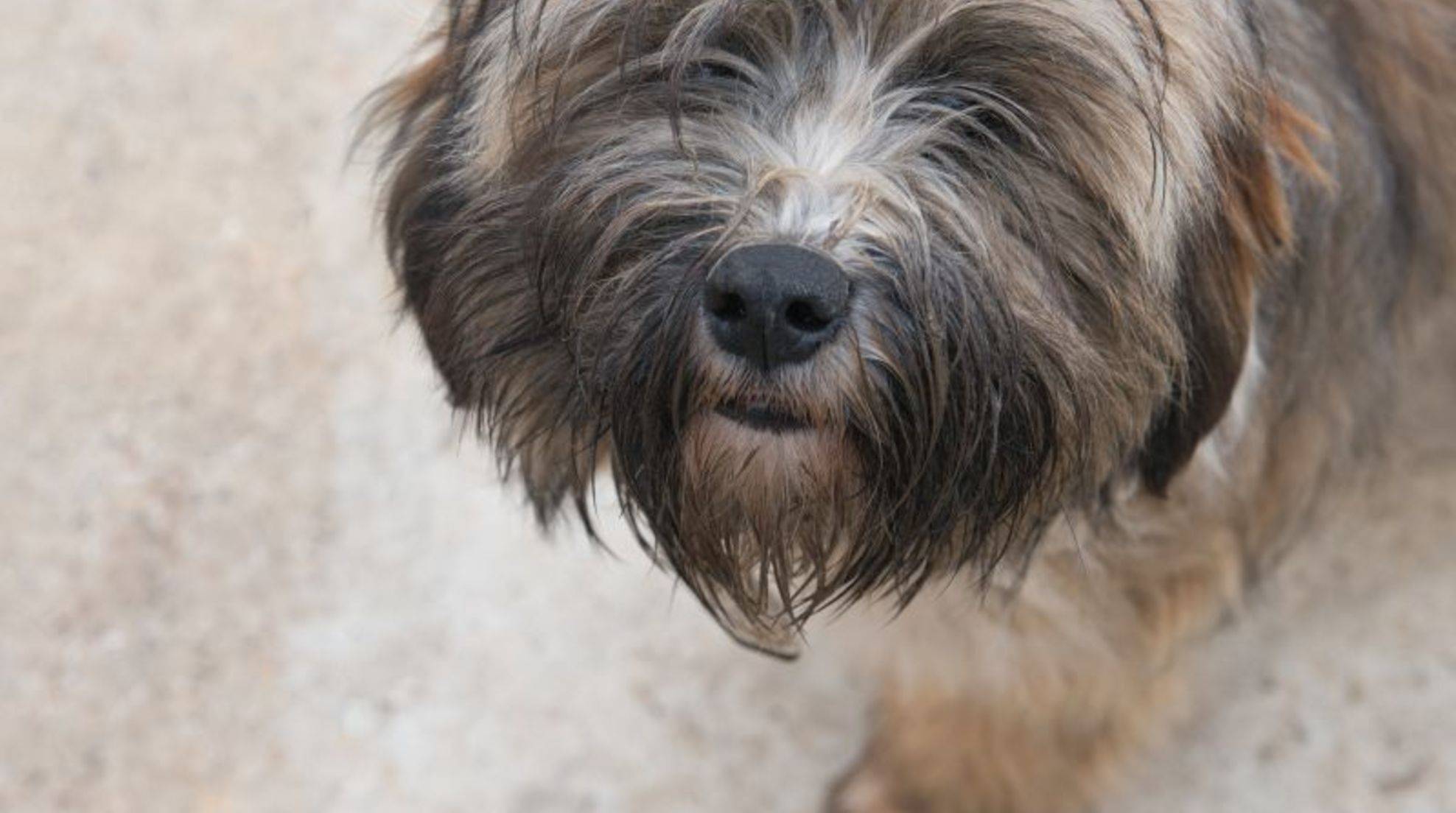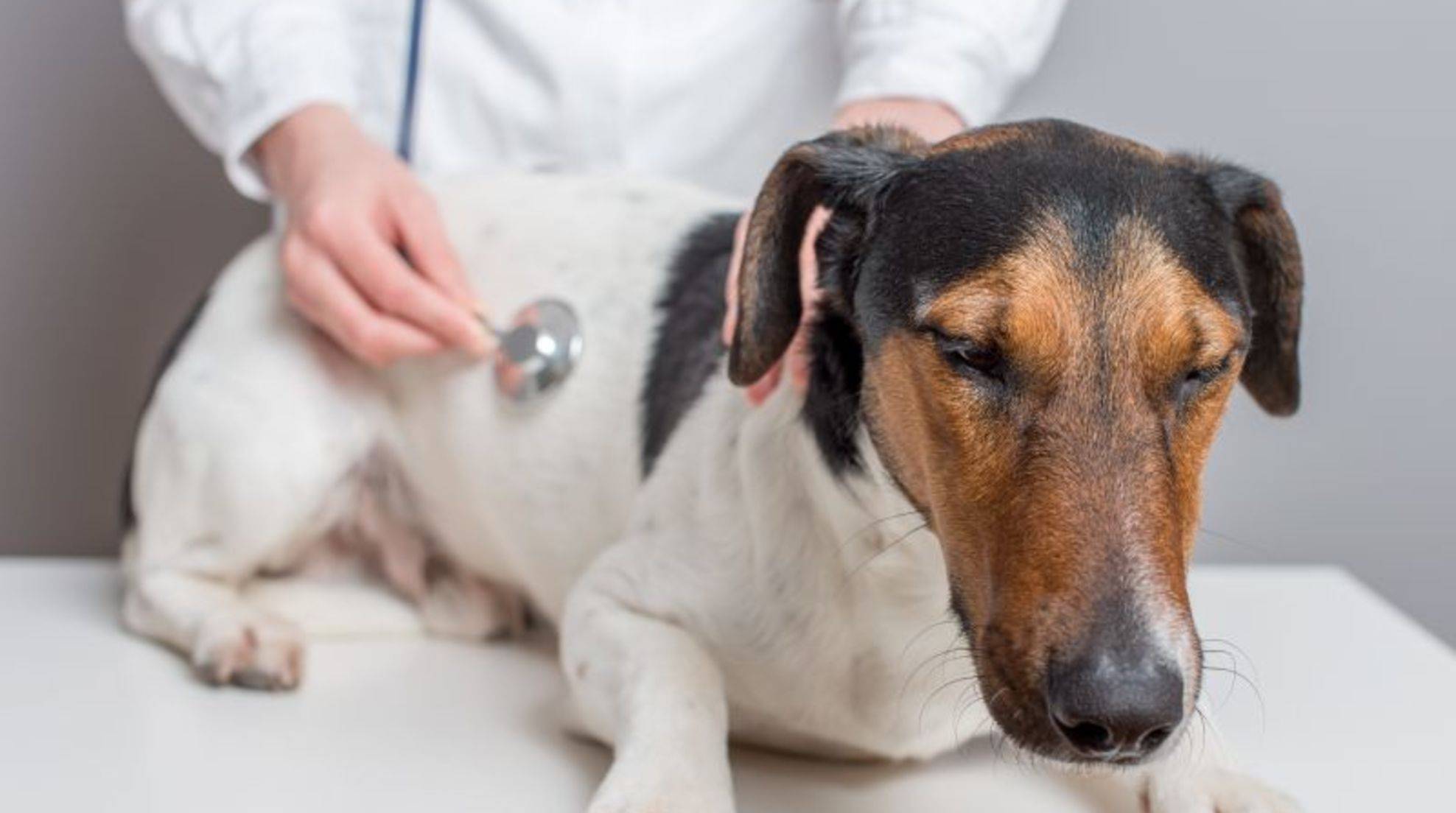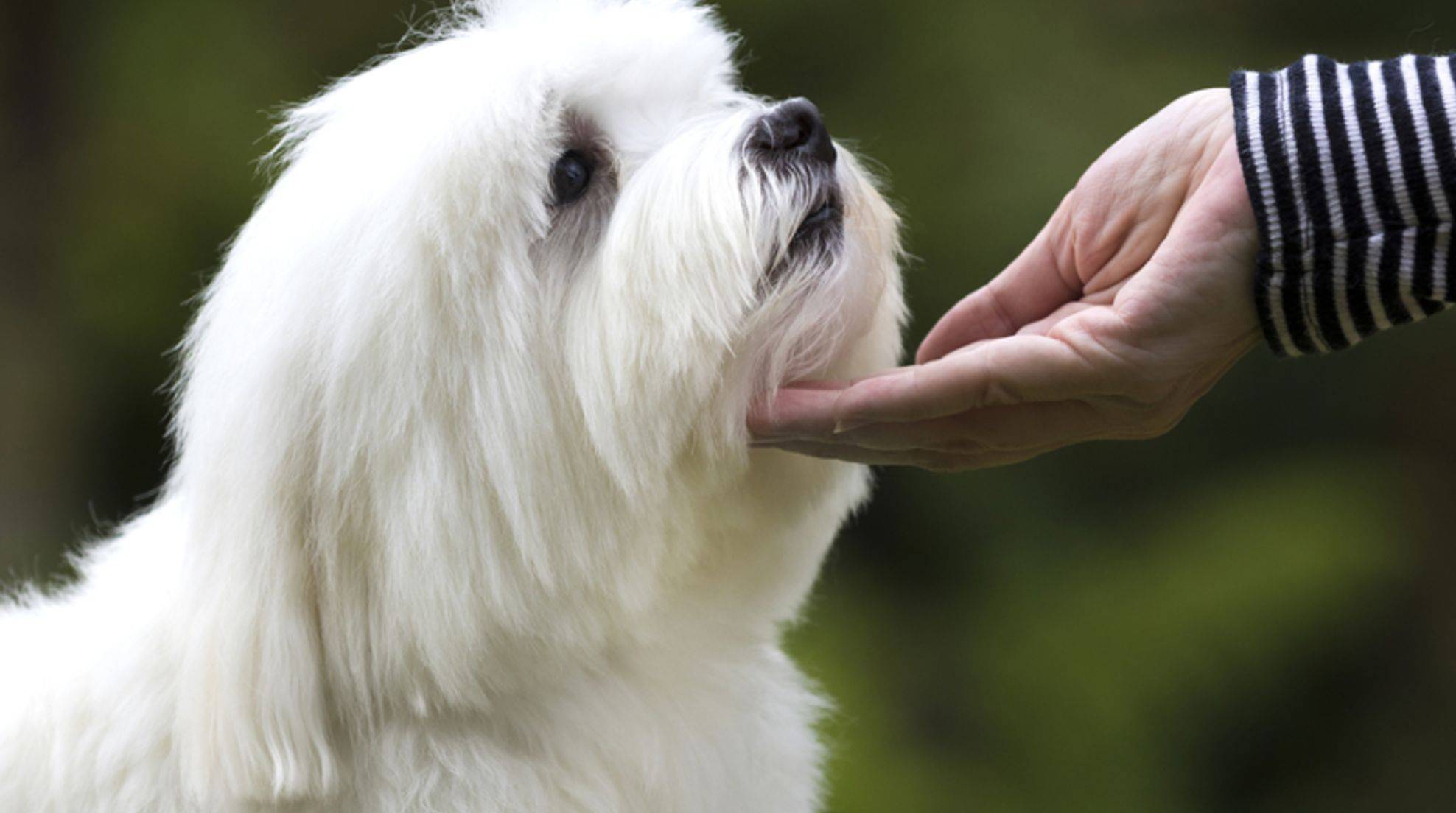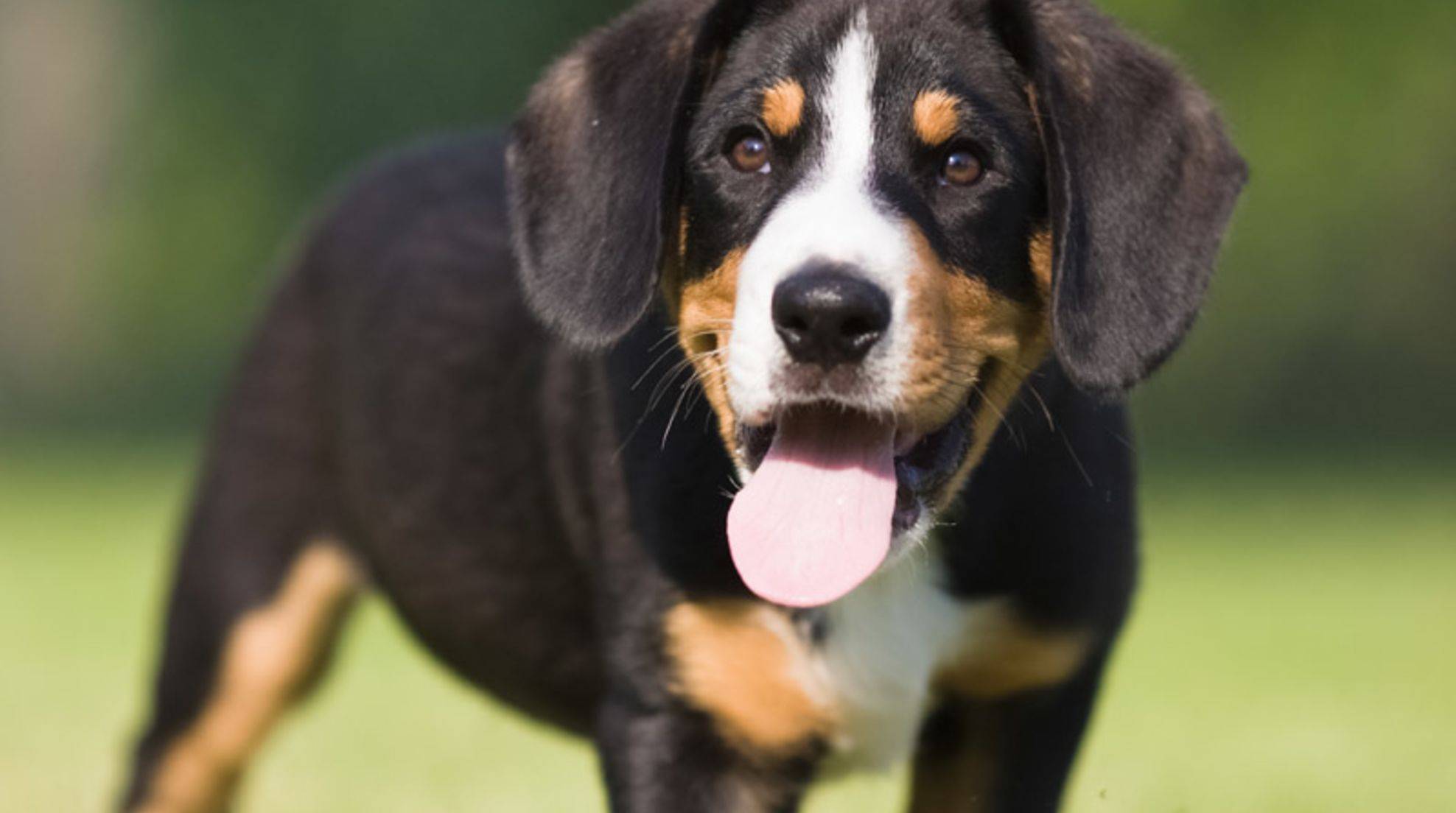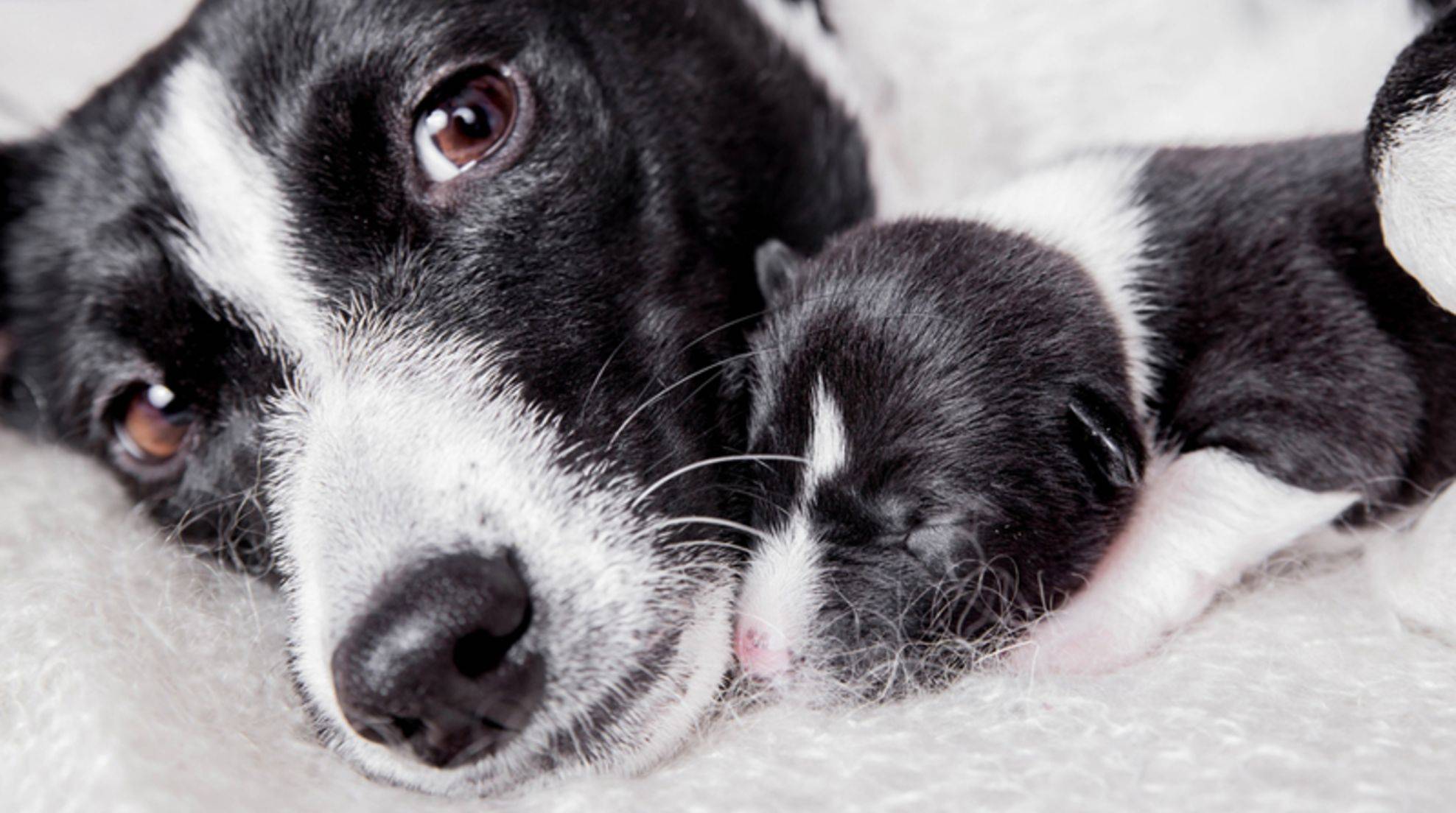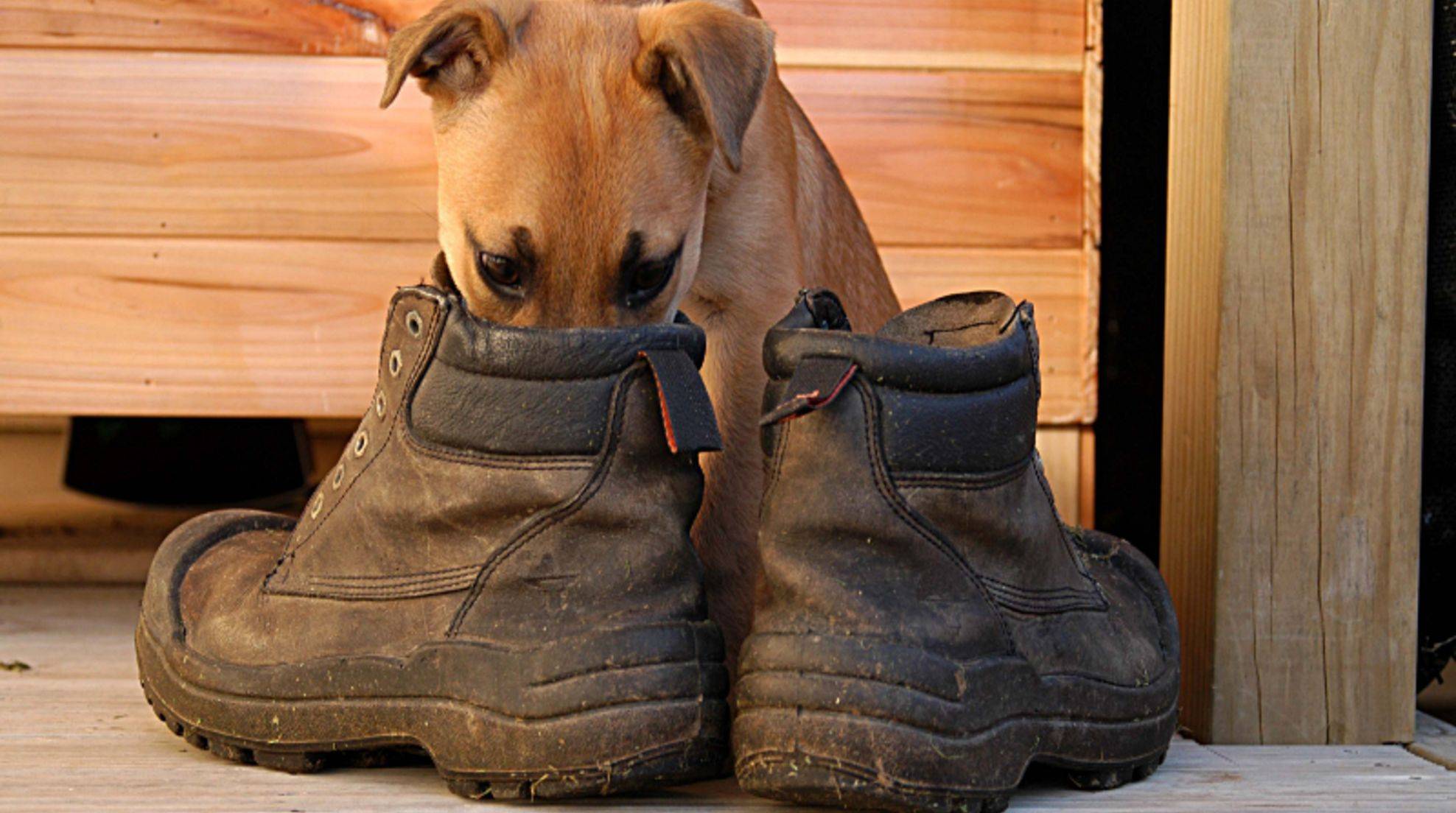Cryptorchidism: hidden testicles in dogs
If the testicles of an eight-week-old puppy cannot yet be felt in the scrotum, then the dog has cryptorchidism. What it has to do with the disease and what consequences a missing testicle descent brings for the dog, you will learn here.
The testicles in dogs are not always located in the scrotum. They are initially located in the abdominal cavity at the time of birth, between the kidney and the inguinal ring. Only then follows the so-called testicular descent. However, if this is not the case, one speaks of cryptorchidism.
What is cryptorchidism in dogs?
Cryptorchidism comes from Greek and means something like “hidden testicles.” The condition is present when two testicles have failed to descend from the abdominal cavity and cannot be palpated in the scrotum. Cryptorchidism can occur unilaterally or bilaterally.
Usually, testicular descent in dogs occurs about ten to 14 days after birth. Both testicles are subsequently located in the scrotum. However, delays up to eight weeks of age are not uncommon and are not bad. However, if the male dog’s testicles are still not in the scrotum after this period, the dog may have health and breeding consequences.
Causes of cryptorchidism in dogs
Failure to descend the testicles can affect any male dog. However, small breeds are particularly susceptible to the condition. The cause may be due to the dog’s anatomy. For example, a testicle that is too large or an inguinal canal that is too narrow can cause cryptorchidism. It has also been proven that this is a congenital, hereditary disease.
Cryptorchidism in dogs: What are the consequences?
Hidden testicles in dogs are not just a mere blemish but also mean health consequences for the animal. For example, the undescended testicles in the abdomen are exposed to a higher temperature, which prevents sperm from being formed.
Dogs with bilateral cryptorchidism are, therefore, almost invariably infertile. On the other hand, unilateral cryptorchid males are fertile. Nevertheless, they should not be used for breeding, given the heritability of their condition. Apart from infertility, dogs with cryptorchidism have a higher risk of developing testicular cancer.
Treatment of hidden testicles
Hormone therapy can be used to provoke descent of the testicles in puppies until about six months of age. However, if this is unsuccessful or if the animal is older, an operation is due in which the testicles are surgically removed. In this way, the risk of cancer is reduced.



